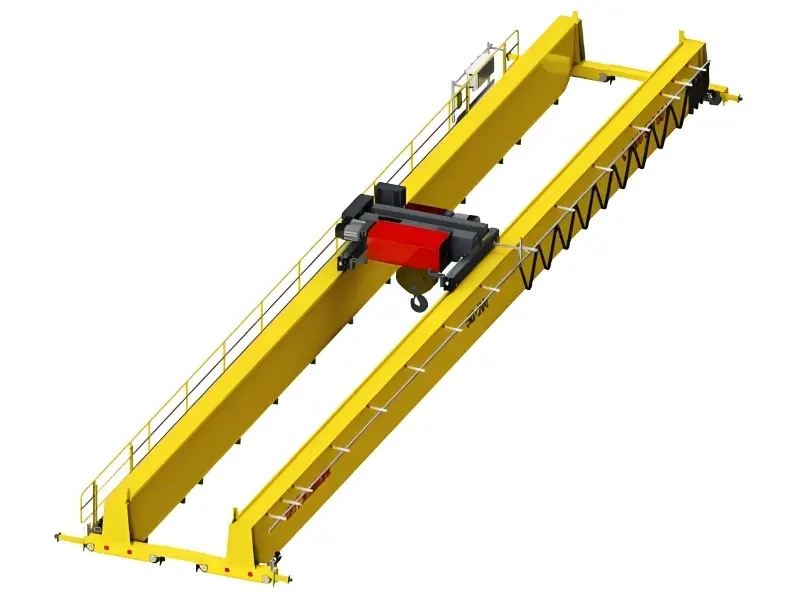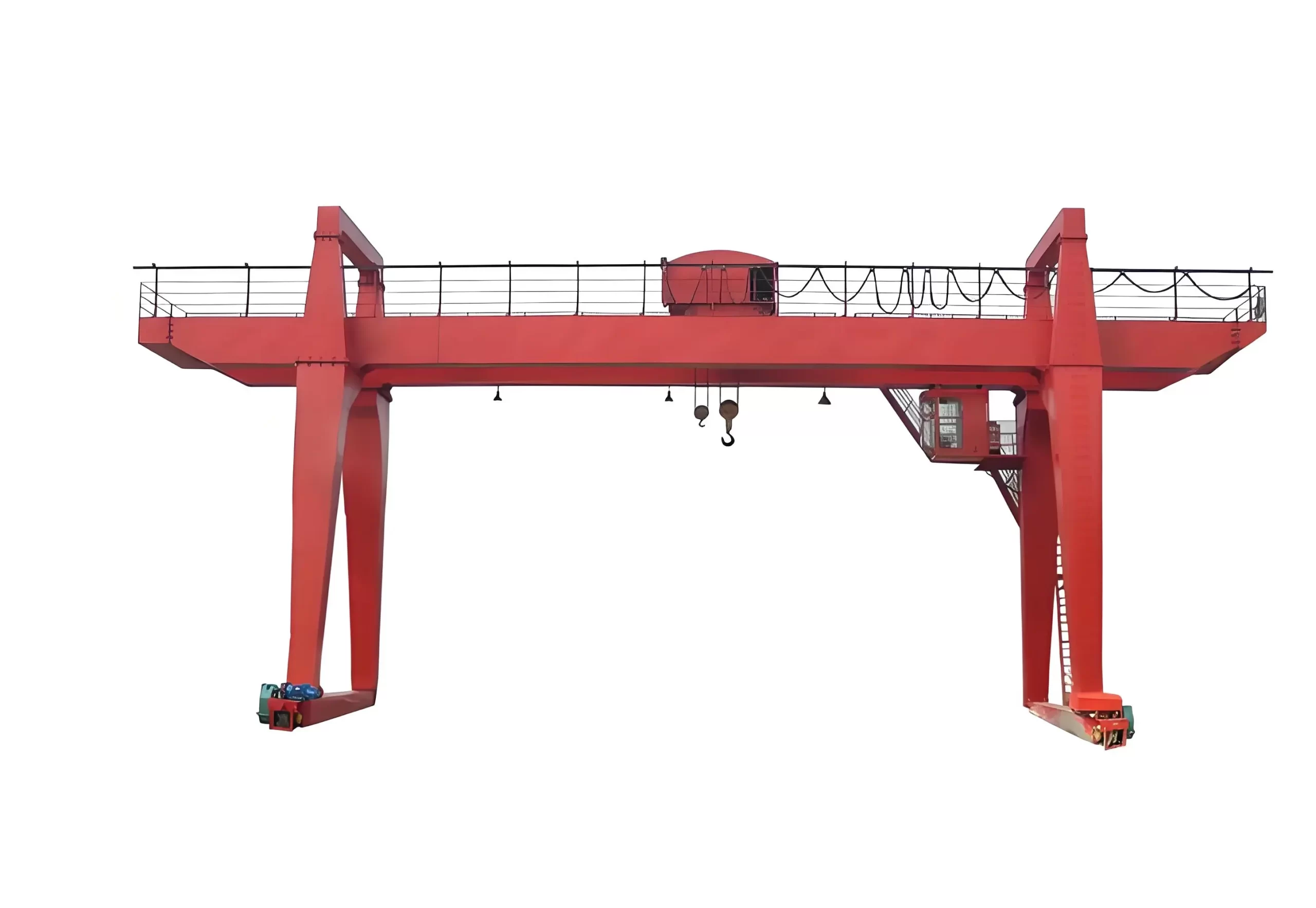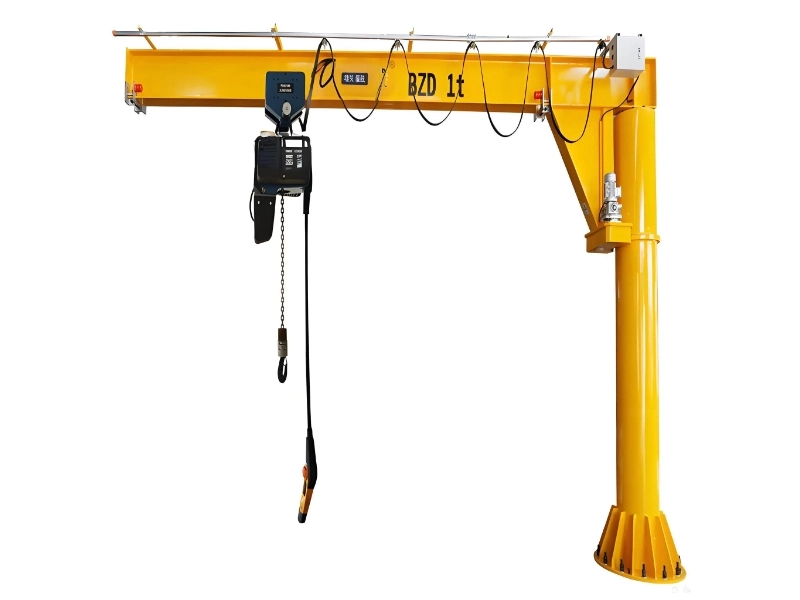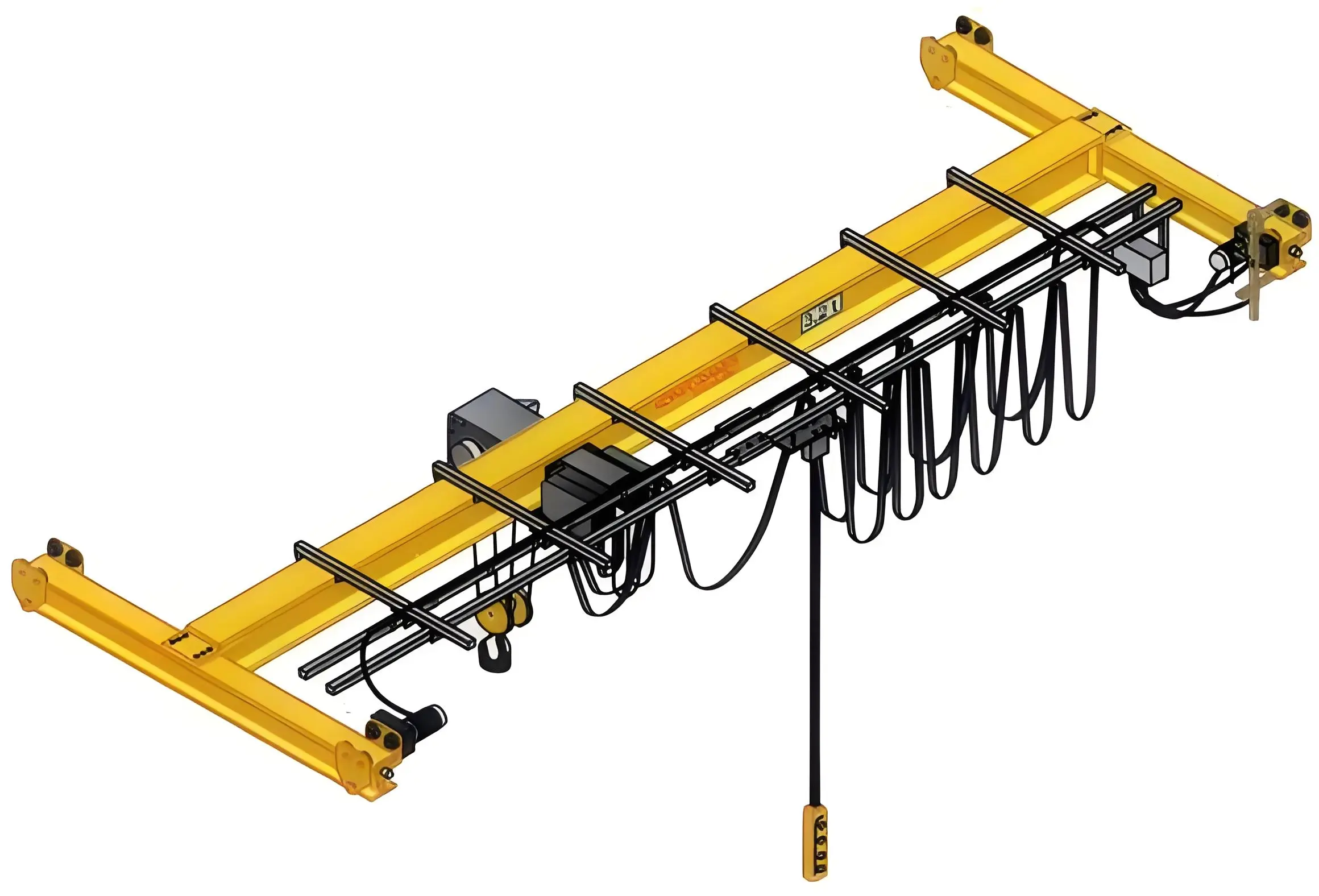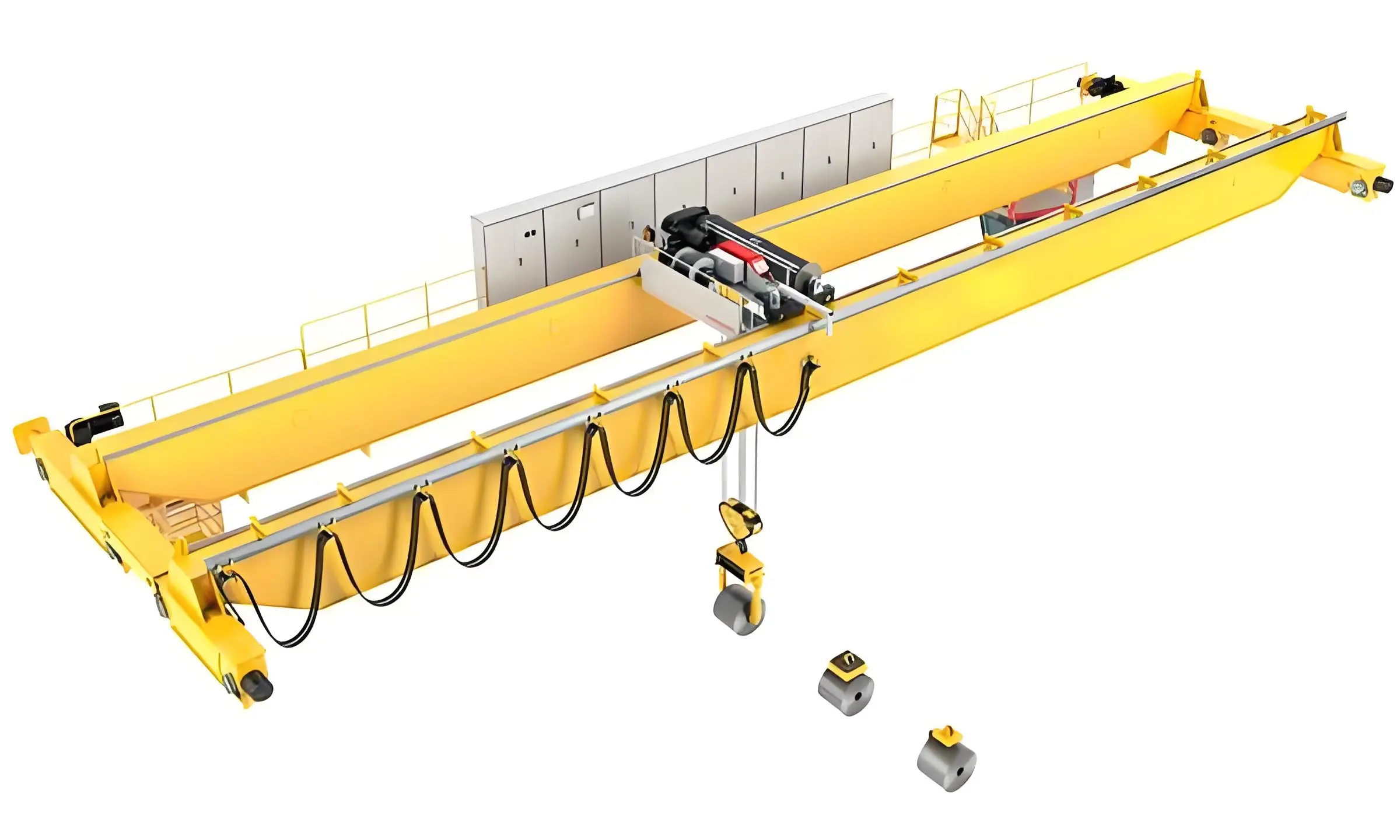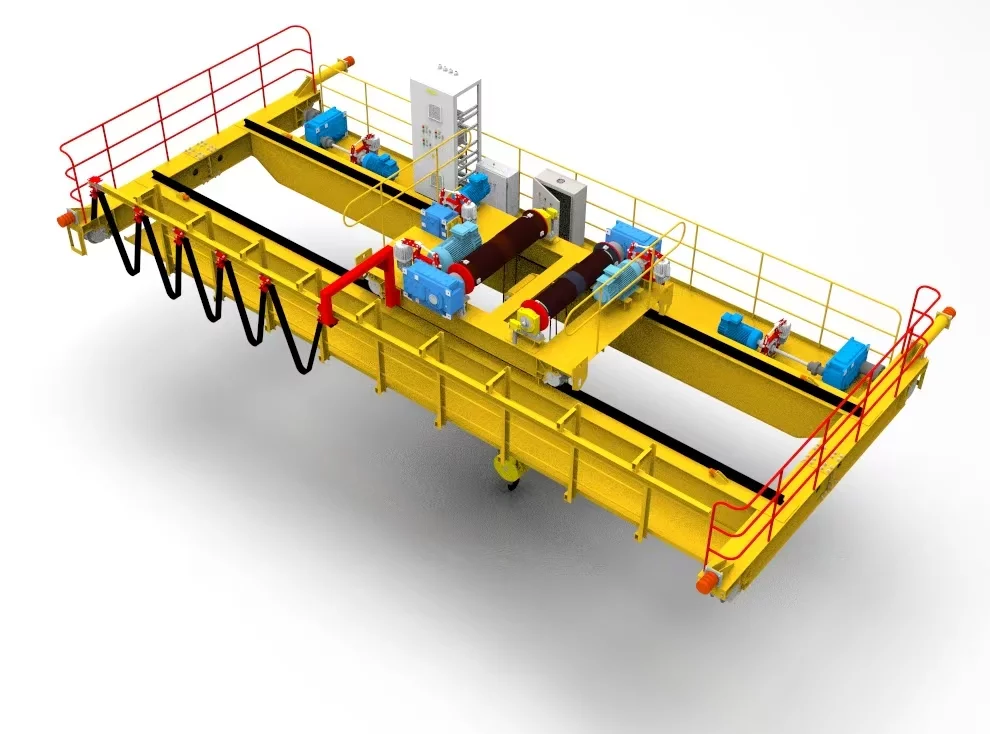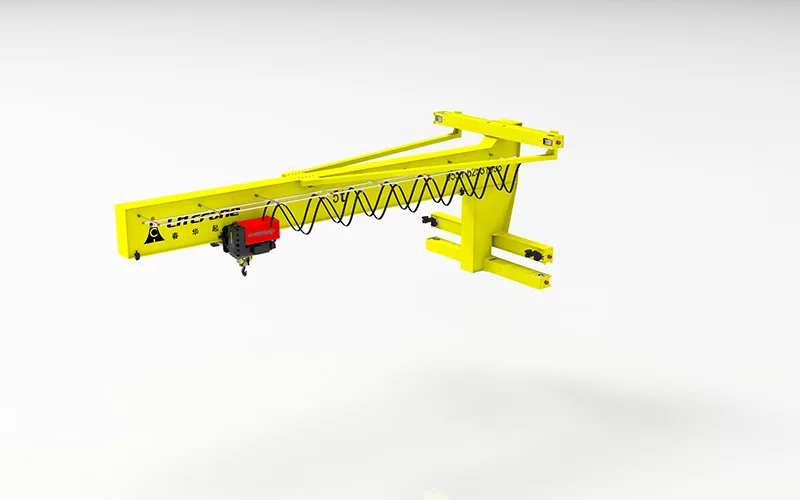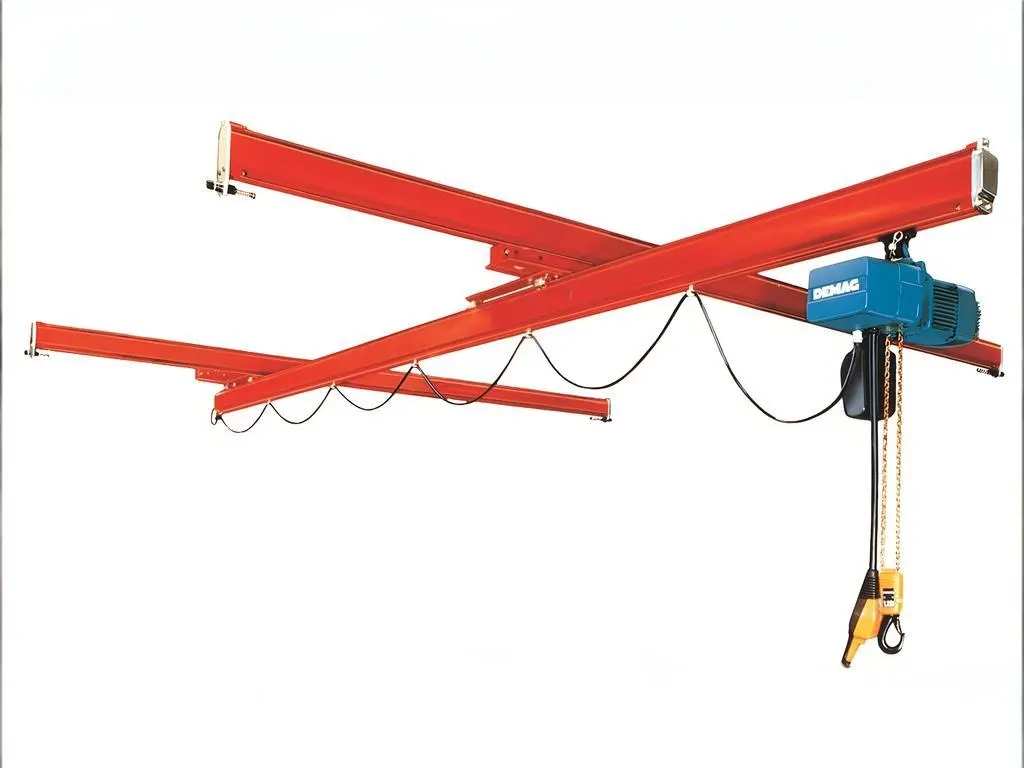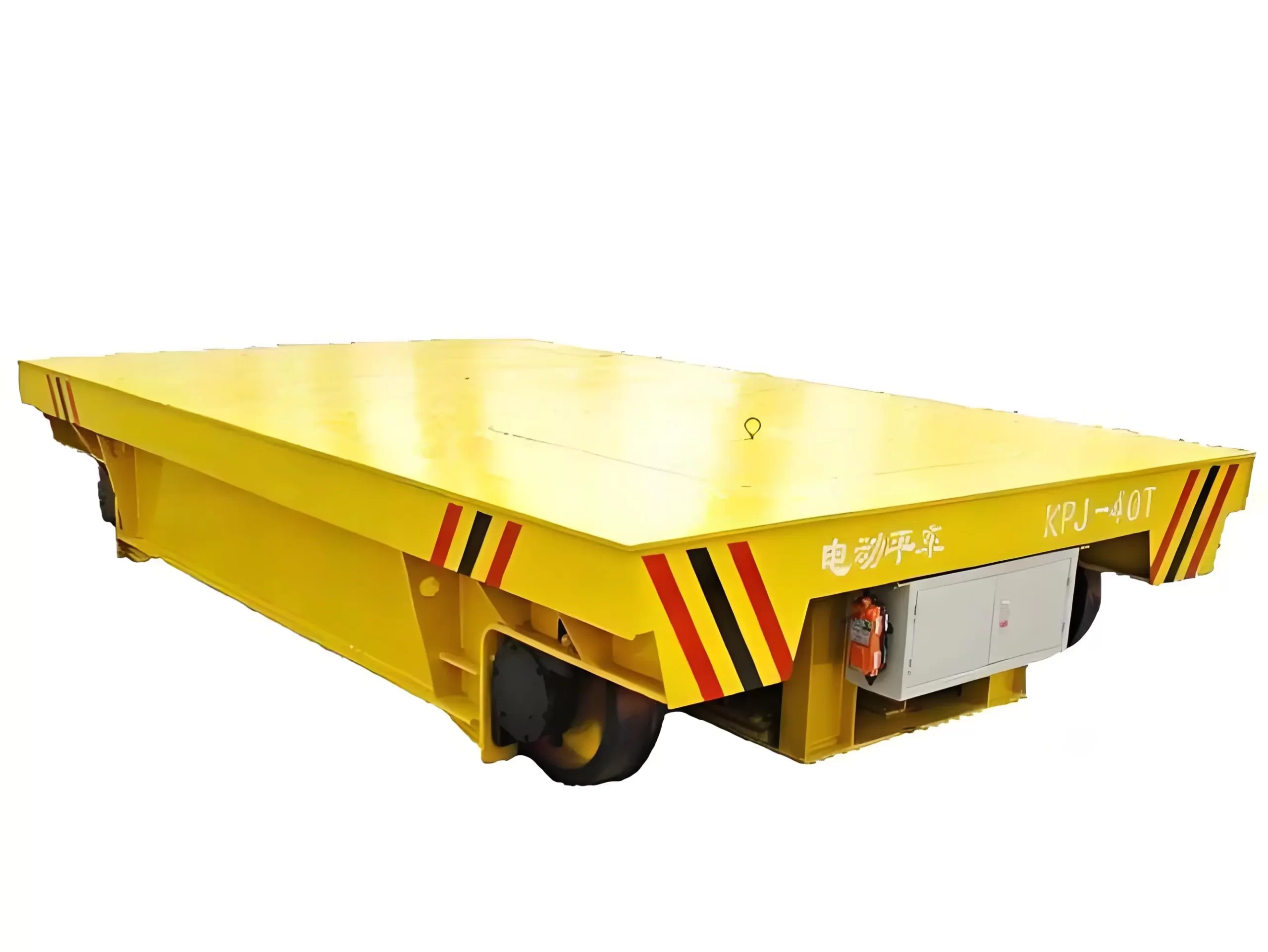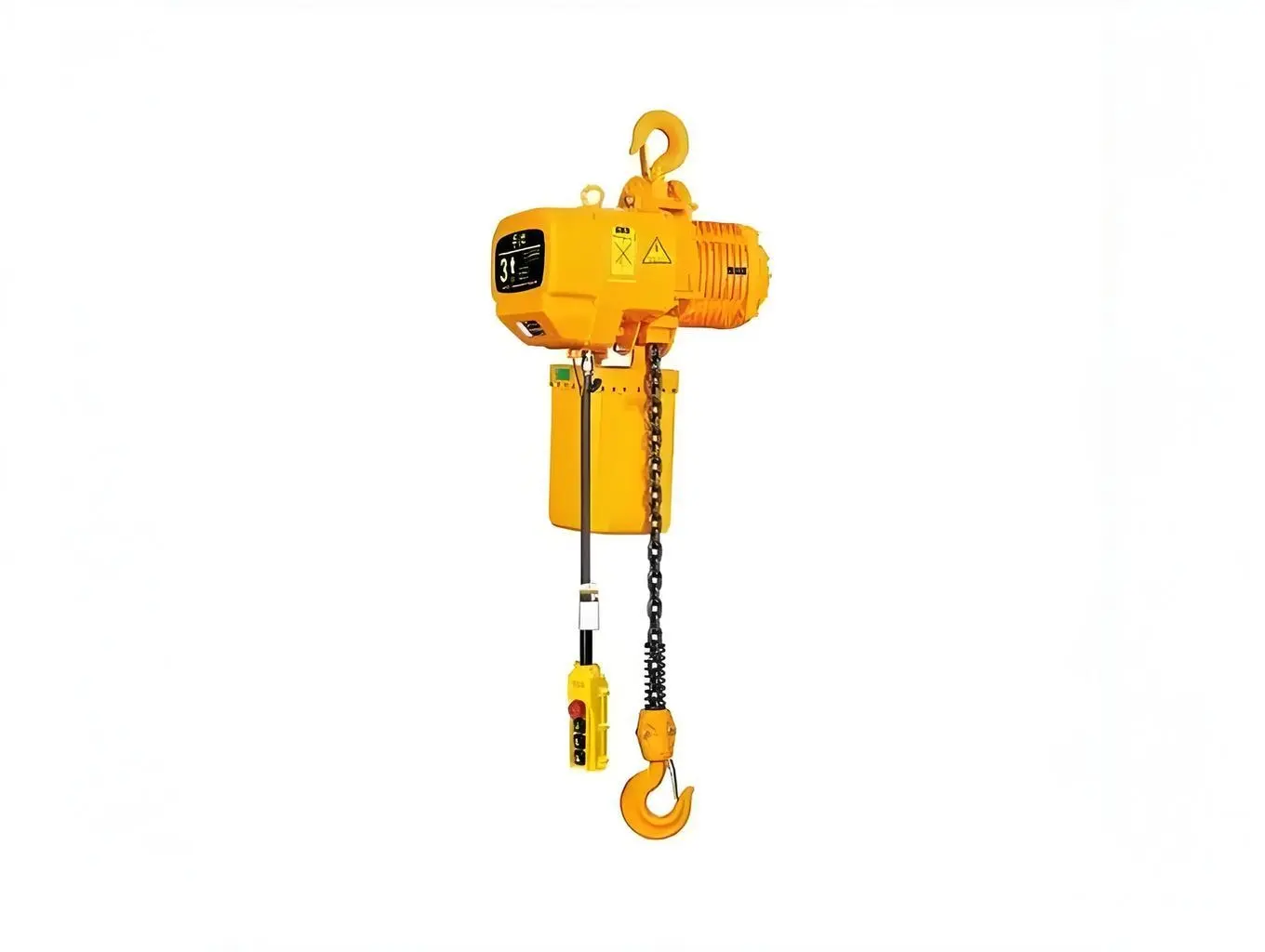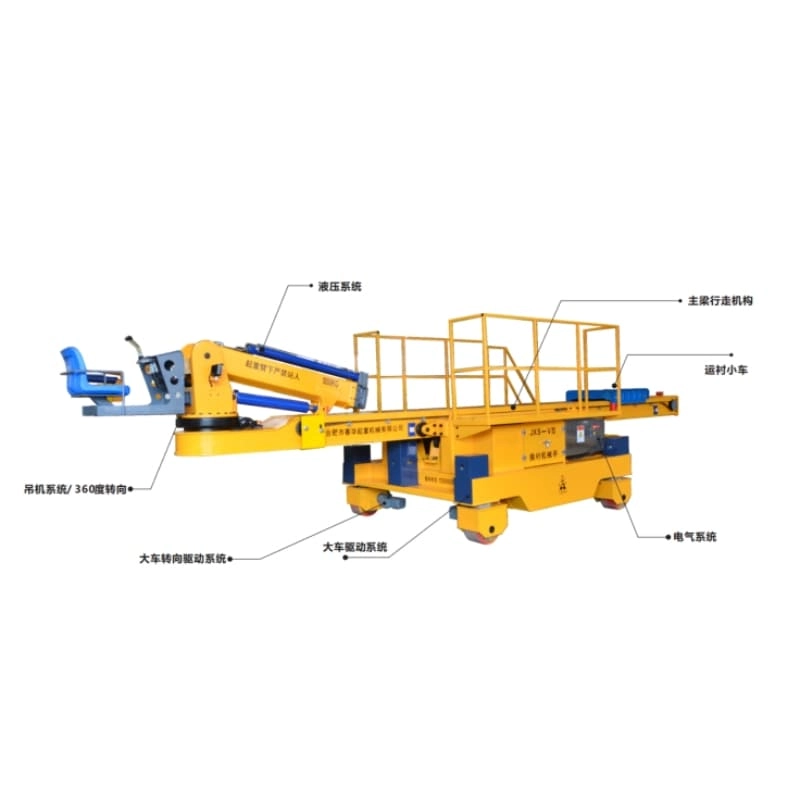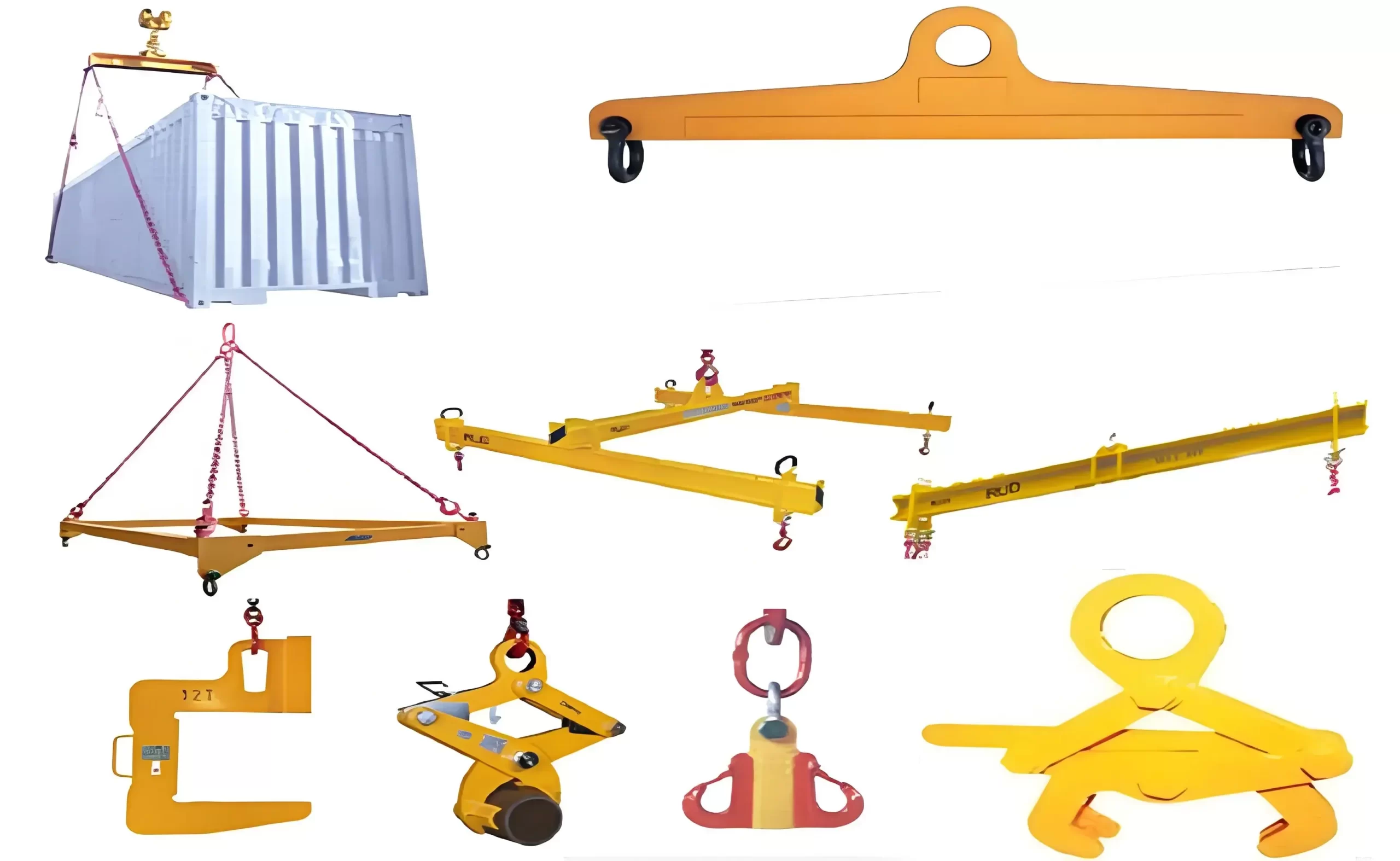With the rapid development of modern industry, gantry cranes, as efficient and stable lifting equipment, have been widely used in various industries. From manufacturing and port logistics to construction and shipbuilding, gantry cranes have become indispensable equipment in many sectors due to their superior performance and diverse functions.
Manufacturing Applications
Manufacturing is one of the most widely used areas for gantry cranes. During the manufacturing process, the handling of many large mechanical parts and raw materials relies on gantry cranes. In heavy industries such as automotive, steel, and aviation, gantry cranes are particularly effective in lifting heavy objects and improving production line efficiency.
In these industrial environments, high-capacity gantry cranes are crucial for ensuring smooth production processes. Many production workshops are equipped with gantry cranes, which not only effectively improve production efficiency but also reduce safety hazards associated with manual handling.
Port Logistics Industry
Port logistics is another important application area for gantry cranes. In modern ports, gantry cranes are often used for handling and stacking containers. Due to the weight and volume of containers, traditional manual operations are no longer sufficient for efficient operations. Gantry cranes, with their powerful handling capabilities, have become core equipment for port operations.
For example, in automated ports, gantry cranes not only improve handling efficiency but also enable intelligent operation, remote control, and automated scheduling, thereby optimizing resource allocation and work efficiency.
Construction Industry
Gantry cranes are also crucial in the construction industry, especially in large-scale projects. With the increasing scale and complexity of construction projects, the transportation and lifting of heavy materials have become increasingly difficult. Gantry cranes can flexibly handle large-scale lifting operations, ensuring project progress and quality.
Furthermore, on construction sites, gantry cranes can be used to support lifting equipment and lift objects, helping construction workers complete project tasks more efficiently and shortening construction schedules.
Shipbuilding Industry
Shipbuilding is another industry where gantry cranes play a vital role. During shipbuilding, gantry cranes can be used to lift hull structures and handle components, significantly improving shipbuilding efficiency and precision. Especially in the construction of large ships, the highly stable gantry cranes enable efficient handling and installation of heavy components, providing strong support for ship assembly.
Gantry cranes also enable precise lifting operations during the shipbuilding process, preventing material damage and casualties, and improving production safety and reliability.
Other Industry Applications
In addition to the aforementioned sectors, gantry cranes are widely used in many other industries. Whether it’s mining, metallurgy, energy, or the handling of power equipment, gantry cranes provide strong support. In these specialized environments, gantry cranes often require higher adaptability, such as explosion-proof and corrosion-resistant features.
Summary
With continuous technological advancements and diversifying industry needs, the application of gantry cranes in various industries will continue to expand. They not only improve operational efficiency and safety, but also adapt to complex working environments. In the future, with the further development of intelligent and automated technologies, gantry cranes will continue to play an increasingly important role in various industries, becoming a crucial tool for driving industrial upgrading and improving productivity.
When selecting a gantry crane, companies need to choose the appropriate model and configuration based on their industry characteristics and needs to ensure efficient operation and economic benefits. At the same time, paying attention to equipment maintenance and technical upgrades is also a key factor in ensuring its long-term efficient operation.

